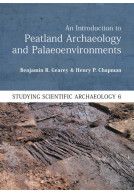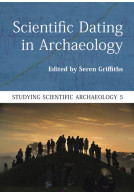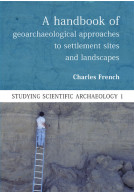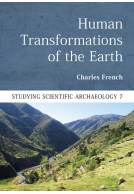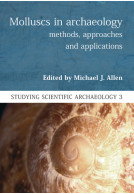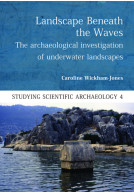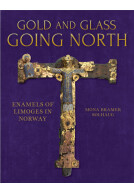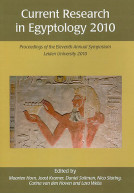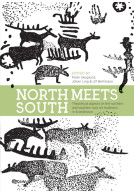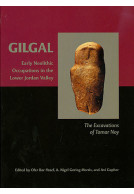Google Books previews are unavailable because you have chosen to turn off third party cookies for enhanced content. Visit our cookies page to review your cookie settings.
An Introduction to Peatland Archaeology and Palaeoenvironments (Paperback)
By
Henry P. Chapman, Benjamin R. Gearey
Imprint: Oxbow Books
Series: Studying Scientific Archaeology
Pages: 160
Illustrations: B/w and colour
ISBN: 9781789257557
Published: 15th November 2022
Script Academic & Professional
Imprint: Oxbow Books
Series: Studying Scientific Archaeology
Pages: 160
Illustrations: B/w and colour
ISBN: 9781789257557
Published: 15th November 2022
Script Academic & Professional
You'll be £29.95 closer to your next £10.00 credit when you purchase An Introduction to Peatland Archaeology and Palaeoenvironments. What's this?
+£4.99 UK Delivery or free UK delivery if order is over £40
(click here for international delivery rates)
Need a currency converter? Check XE.com for live rates
(click here for international delivery rates)
Need a currency converter? Check XE.com for live rates
Peatlands are regarded as having exceptional archaeological value, due to the fact the waterlogged conditions of these wetlands can preserve organic remains that are almost entirely lost from the majority of dryland contexts. This is certainly true, although the remarkable preservation of sites and artefacts is just one aspect of their archaeological importance. This book provides an accessible introduction to the ecology and formation processes of peatlands, and to the different archaeological and palaeoenvironmental techniques that have been developed and adapted for the study of these environments. It provides an outline of the major themes and methods and as a guide to other more detailed and technical literature concerning peatland archaeology. The book is aimed at undergraduate and postgraduate students in archaeology, earth sciences and cognate disciplines, but will be useful to professional archaeologists who are looking to develop their expertise in this field. Whilst the assumption is that the reader has little knowledge of peatlands, a general archaeological background is necessary, including some knowledge of techniques and approaches.
There are no reviews for this book. Register or Login now and you can be the first to post a review!
About Henry P. Chapman
Henry Chapman is Professor of Archaeology at the University of Birmingham, UK. He is a landscape archaeologist with expertise across a wide range of dryland and wetland landscapes.
About Benjamin R. Gearey
Benjamin R. Gearey is Lecturer in Environmental Archaeology, Department of Archaeology, University College Cork, Ireland. He has worked on palaeoenvironmental and archaeological approaches to wetland and especially peatland environments for over 20 years.
Customers who bought this title also bought...
Other titles in the series...
Other titles in Oxbow Books...







